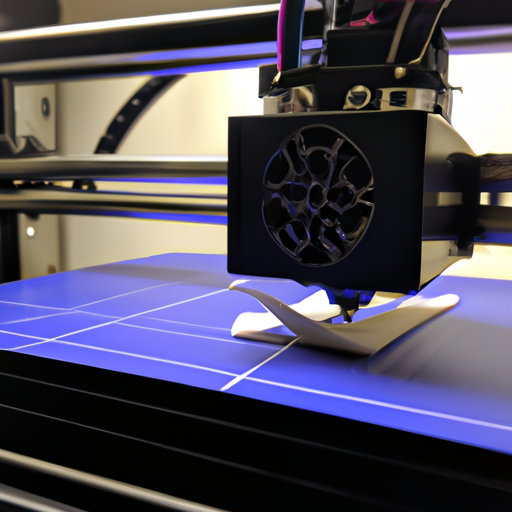The culinary world is experiencing a profound transformation thanks to food tech innovations. From advanced agricultural techniques to cutting-edge kitchen gadgets, these innovations are not only improving food production but also enhancing sustainability and safety in the food industry. In this article, we will explore some of the latest trends in food technology that are making waves across the globe.
1. Vertical Farming
Vertical farming is one of the most revolutionary techniques being adopted in the agricultural sector. By growing crops in vertically stacked layers, this method utilizes space efficiently and reduces water usage. With the rise of urban populations, vertical farms are becoming a sustainable solution to food production in cities, allowing for fresh, local produce while minimizing transportation costs and carbon emissions.
2. Lab-Grown Meat
Laboratory-grown meat, also known as cultured or cell-based meat, is gaining traction as a more sustainable alternative to traditional livestock farming. These innovations reduce the environmental impact associated with meat production by cutting down on greenhouse gas emissions, land use, and water consumption. Companies are working hard to make lab-grown meats affordable and available in supermarkets.
3. Blockchain in Food Safety
Blockchain technology is being implemented in the food industry to enhance traceability and improve food safety. By allowing producers, distributors, and consumers to track the journey of food products from farm to table, blockchain helps to address issues such as fraud and contamination. This transparency fosters consumer trust and provides insights into best practices in food sourcing.
4. Smart Kitchen Appliances
The rise of smart kitchen appliances is making cooking easier and more efficient. From smart ovens that can be controlled via a smartphone app to refrigerators that can inventory the food inside them, technology is streamlining the cooking process. These innovations not only save time but can also aid in reducing food waste by helping consumers keep track of expiration dates.
5. Plant-Based Alternatives
The trend toward plant-based diets continues to grow, with major food companies investing in the development of plant-based alternatives to meat and dairy products. Innovations in this area involve improving taste, texture, and nutritional value. This shift not only meets consumer demand for healthier options but also contributes to sustainability by reducing reliance on animal agriculture.
6. Food Delivery Apps and Services
The demand for convenience has led to the rise of various food delivery apps and services that connect consumers with local restaurants and grocery stores. These platforms are using advanced algorithms and data analytics to enhance user experience by recommending personalized meal options based on preferences and dietary restrictions.
Conclusion
Food tech innovations are reshaping the way we produce, distribute, and consume food. As technology continues to advance, we can expect to see even more creative solutions that address the growing challenges of the food industry. Whether it’s through sustainability efforts, efficiency in food production, or enhancements in consumer experience, the future of food technology holds exciting possibilities for both businesses and consumers alike.
Stay tuned for more insights into the world of culinary innovations and how they are impacting our diets and lifestyles!




